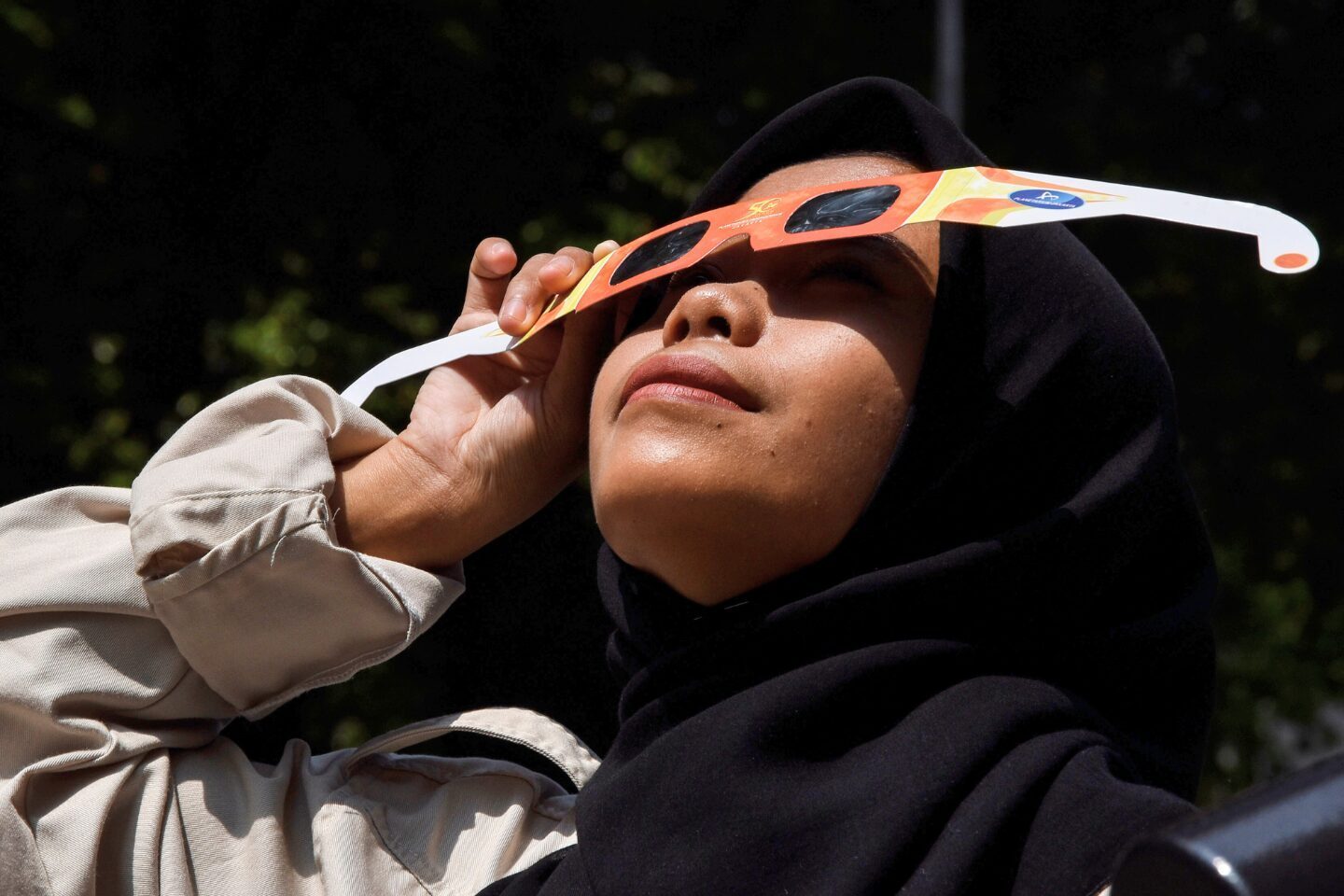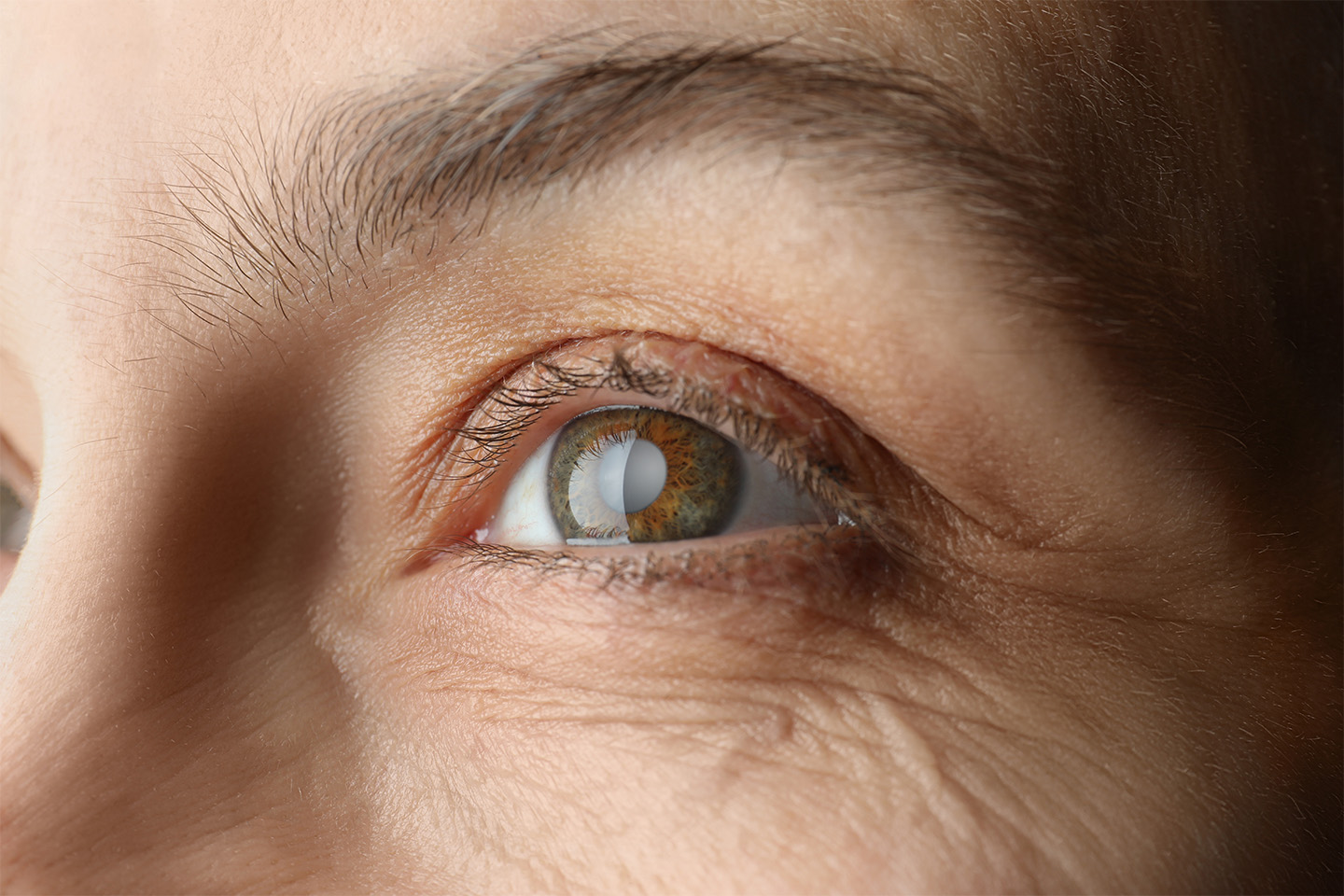Safeguarding Your Vision: The Importance of Eye Protection During Solar Eclipses

Solar eclipses are rare and awe-inspiring astronomical events created when the moon passes between the sun and the Earth, creating a breathtaking display. And while we all know that you shouldn’t look directly at the sun, but it can be easy to forget that when the sun is being blocked partially or completely by the moon as it is during a solar eclipse.
Remembering to prioritize eye safety is crucial during a solar eclipse. Failure to do so can result in severe and irreversible damage to your eyesight. As Texans prepare to witness the once-in-a-lifetime eclipse, the team at Kleiman Evangelista is working to share why eye safety matters and the best ways to keep your vision protected.
What is Eclipse Blindness?
During a solar eclipse, the moon partially or completely covers the sun, creating a mesmerizing sight in the sky. However, the temptation to look directly at the eclipse without adequate eye protection can cause “eclipse blindness.”
Eclipse blindness, also known as solar retinopathy or photic retinopathy, occurs when the sun emits harmful and intense ultraviolet (UV) radiation and infrared (IR) radiation that overwhelms and causes thermal damages the retina, the light-sensitive tissue at the back of the eye that transmits what you see to the brain. This damage may not be immediately apparent, as symptoms can take hours or even days to manifest.
Common symptoms of eclipse blindness can include:
- Blurred or distorted vision
- Blind spots in the visual field – most notably in central vision
- Sensitivity/discomfort when exposed to bright lights
- Altered color vision
If you notice symptoms after viewing a solar eclipse it’s important to see an eye care provider. While most mild-moderate cases of solar retinopathy can resolve spontaneously within three to six months, more severe cases that are left untreated can lead to macular hole formation or macular degeneration, which can cause permanent vision loss.
Top 3 Best Ways to Protect Your Eyes
Solar Eclipse Glasses: Certified solar eclipse glasses are specially designed to filter out harmful UV and IR radiation, allowing safe viewing of the sun during an eclipse. These glasses adhere to strict safety standards and feature solar filters that block more than 99.99% of intense light. When looking for a pair of solar eclipse glasses, ensure they meet the ISO 12312-2 international safety standard to guarantee adequate protection.
Kleiman Evangelista is giving away solar eclipse glasses that meet the ISO safety standards to safely view the solar eclipse on April 8, 2024. Stop by any Kleiman Evangelista clinic to pick up a pair of glasses!
Pinhole Projectors: Pinhole projectors offer a safe alternative for observing a solar eclipse without directly viewing the sun. This simple device utilizes a cardboard box or tube with a small pinhole on one side, allowing sunlight to pass through and project an image of the eclipsed sun onto a surface inside the box. By observing the projected image, viewers can experience the eclipse safely without risking eye damage. See how to make your own pinhole projector here.
Welder’s Glass: Welder’s glass with a rating of shade 14 or higher provides sufficient protection for viewing a solar eclipse. Welder’s glass is designed to shield eyes from intense light and radiation produced during welding processes. While not as readily available as solar eclipse glasses, welder’s glass can be an effective and affordable option for safeguarding your vision during a solar eclipse.
Protect Your Eyes, Today and Everyday
Solar eclipses are super cool, but remembering to protect your eyes when viewing a solar eclipse is VERY important. Not protecting your vision can lead to eclipse blindness that, left untreated, can cause irreversible damage to your vision.
By utilizing certified solar eclipse glasses, pinhole projectors, or welder’s glass, you can experience the wonder of a solar eclipse without compromising their eye health. Kleiman Evangelista is giving away free solar eclipse glasses so you can experience this once-in-a-lifetime astronomical event safely.
And remember, prioritizing your eye health shouldn’t be limited to viewing a solar eclipse. Regular eye exams with your eye doctor are crucial for preserving your vision for years to come.
[DISPLAY_ULTIMATE_SOCIAL_ICONS]








